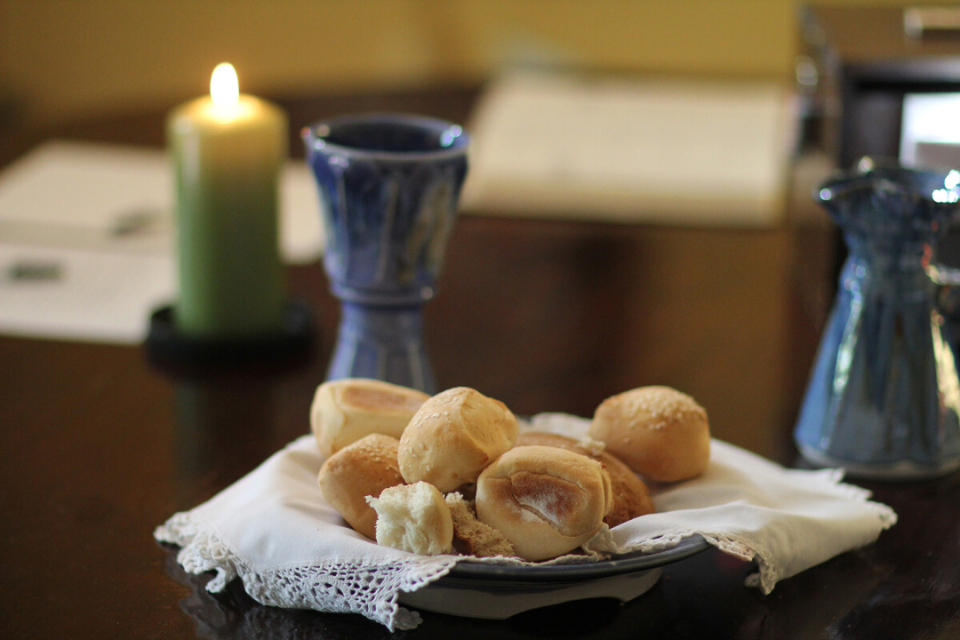The Rev. Dr. Margie Crawford encourages us not only to be grateful for the foundational elements of our faith but also to consider new ways to deepen our relationship with God.
MARGIE CRAWFORD
Superintendent, Midwest District
A couple weeks ago, the movie Fiddler on the Roof was being broadcast. Because the story is rather long, I did not watch the entire film. But I couldn’t help but sit down and watch the opening number, “Tradition.” It introduces us to the story’s main character, Tevye, and the townspeople of Anatevka. Throughout the course of the film, we watch as Tevye struggles with maintaining the traditions he knows in a world that is rapidly changing around him.
Each time I hear the song, it resonates with me and what we are experiencing today. Many of the ways we once did things are gone. For example, rotary or even push-button landline phones are probably never going to return. I miss the little acronyms I learned to remember the first two digits of phone numbers, which was celebrated in the song “Pennsylvania 6-5000.”
As summer winds down, I also remember the back-to-school rituals my sister and I engaged in each year. We would walk to a local discount store to buy the basics: paper, pens and pencils, notebooks, scissors, and glue. Because the store was about two miles from our home and there was an ice cream store next to it, we would make sure we had enough money to purchase an ice cream cone before heading home.
We have adapted to cell phones and the microchips that have transformed these gadgets into so much more. School supplies are still needed, but now some stores have prepackaged bundles to help make the purchases easier and less costly. Changes are happening rapidly for us as individuals, too. Sometimes we have easily transitioned to the latest version of how we complete the tasks before us. But we also continue to hold on to learned habits and practices because they are comfortable and familiar.
Traditions also exist in our faith communities. For pastors newly appointed, this is the time when they learn about how various committees respond to God’s mission, the decision process of the leadership and congregants, and what may be changed and what cannot be.
Sometimes these words are spoken to begin conversations about what’s possible and what’s next. We’ve always done it that way before has ensured that the story of the Passover was part of each new generation from the age of Moses through the time of exile to the mission of our Savior. And then it became the Meal of the New Covenant for us today.
Elements of our worship service—prayer, songs, and even the sharing of the bread and cup—have their roots in how our ancestors celebrated God’s presence in their lives. When they visited a synagogue, teens in confirmation classes I led were usually surprised by what we had in common. Our traditions connect us with those who came before us and with those who will follow us on our journey with God.
As we begin to reconnect with one another, it may be time for us to consider new ways to deepen our relationship with God. Can we ask one another if we’ve always done it that way before, whether or not it still resonates with us? Do we feel the Spirit, or are we going through the motions because this is what our grandparents did, what our parents did, or what we used to do?
I realize that change is never easy. And I am not suggesting that everything we do needs to stop. We can celebrate how God has touched—and continues to touch—our lives through the music we sing, the prayers we offer, and the scriptures we share in a message. These elements are the foundation of our faith. We can also explore new expressions of how we share God’s story with one another to create new relationships and renew our connections from the past. Amen.
Last Updated on August 31, 2022

